In 1985, the Coca-Cola Company changed the formula for their classic soft drink and released “New Coke.” The product was extremely well researched and the launch plans were meticulously developed, but “New Coke” became a storied example of a high-profile business misstep.
Why did the company develop a new formula in the first place? For context, Coca-Cola was dealing with a problem. They had been losing market share in the beverage industry for years, and blind taste tests established that even Coke loyalists preferred the taste of Pepsi. So Coca-Cola sought to create a better-tasting product. They continued their efforts using the same type of blind market research until they found a formula for a “New Coke” that was preferred over Pepsi.
Within three months of the launch of “New Coke,” the Coca-Cola Company re-introduced original Coca-Cola as “Coke Classic.” “New Coke” was given a new name (Coke II) and was ultimately discontinued. While the misstep was widely criticized, Coca-Cola was nevertheless able to recover (which is a whole other topic).
Innovators understand there are new ways to approach problems that need solving. Customer or user input is critical to the process of successful innovation, but if used or interpreted incorrectly — as the “New Coke” product launch highlights — an innovative move can go flatter than a can of soda left open overnight.
Here are some tips that can help legal professionals understand how to navigate and interpret research to increase the successful outcomes of innovation.
Interpreting Research
There are a number of ways of looking at why “New Coke” failed. In the end, the research was correct, but the interpretation of the research is where the pitfalls occurred. True, Coca-Cola had built a better product, and their customers agreed, but they did not consider how customers would respond if the tried-and-true Coca-Cola formula that was loved and revered were taken away or changed in exchange for the new offering. Things may have turned out differently if Coca-Cola had introduced “New Coke” as an additional product in the market, while continuing to make the original recipe available to consumers.
The point here is that innovators need to dig deeper to interpret the results of research. And it is also important to review a proposed solution completely with customers or users. This should include anything that is changing or that is being taken away.
Understanding Context
Another way to more effectively perform research is to ensure there is proper context. There are full systems like Contextual Design that can be leveraged to get a comprehensive understanding of your users or customers. Some less involved tips and tools can include:
Creation of Personas: Study and define a profile for a typical user. Think of it like describing a role for a casting call in a movie. You can even give them a name and describe some of their personality traits, what makes them successful in their job, their education, or any other factors that might be relevant. It is also perfectly fine to develop more than one persona, if you serve users with different traits. For example, you may have customers who prefer to talk over the phone, versus other customers who prefer to communicate via email or text. Studying and understanding the different preferences and needs of your users can help to inform which user needs and viewpoints should be evaluated and taken into account during the innovation process.
Task based context: For many problems, it is important to know what a user or customer was doing right before or right after completing a task. As an example, say your customer liked a report that you provided and wanted to share it out to other stakeholders and departments within their organization. An innovator might ask questions like:
- What prompted you to access the report?
- After you accessed the report, what did you do next?
- Why do you find the report valuable?
Questions like these can help interpret user feedback on their workflow that can help identify ways that you can deliver greater value.
Who is Your Customer? Understanding Stakeholders
On the surface you may think you may be solving a problem for a particular user or customer. Let’s say the user is a senior associate in a law firm who’s supported by the firm’s knowledge management staff. The senior associate has her work reviewed by a partner. The partner advises in-house counsel, who then helps a business leader make a decision about an important acquisition. If you can get a better idea of who your user supports and how their role functions within the larger organization, it can help improve your understanding of that user’s needs, perhaps even before they know what they need. That understanding can help you define the importance of the solution you’re providing and make informed decisions about how to innovate that solution to deliver better value.
Innovators can benefit by ensuring they are properly hearing and interpreting customer or user feedback. By applying these kinds of research techniques, innovation projects are far more likely to be successful.
Finally, if you are looking for a story about customer research that resulted in the successful launch of an innovative product, then consider this article from Mental Floss about the history of the Trapper Keeper:
If anyone wonders how I developed a passion for innovation, I’m the 15-year-old son who showed his school locker to his father in the article!
 Ken Crutchfield is Vice President and General Manager of Legal Markets at Wolters Kluwer Legal & Regulatory U.S., a leading provider of information, business intelligence, regulatory and legal workflow solutions. Ken has more than three decades of experience as a leader in information and software solutions across industries. He can be reached at ken.crutchfield@wolterskluwer.com.
Ken Crutchfield is Vice President and General Manager of Legal Markets at Wolters Kluwer Legal & Regulatory U.S., a leading provider of information, business intelligence, regulatory and legal workflow solutions. Ken has more than three decades of experience as a leader in information and software solutions across industries. He can be reached at ken.crutchfield@wolterskluwer.com.
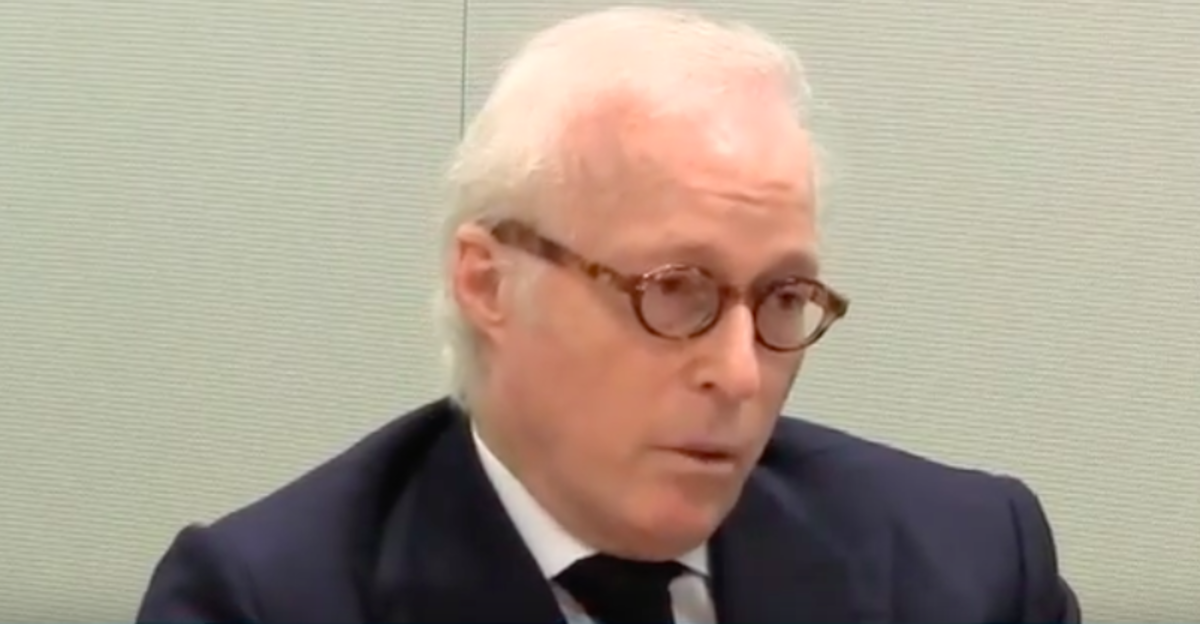

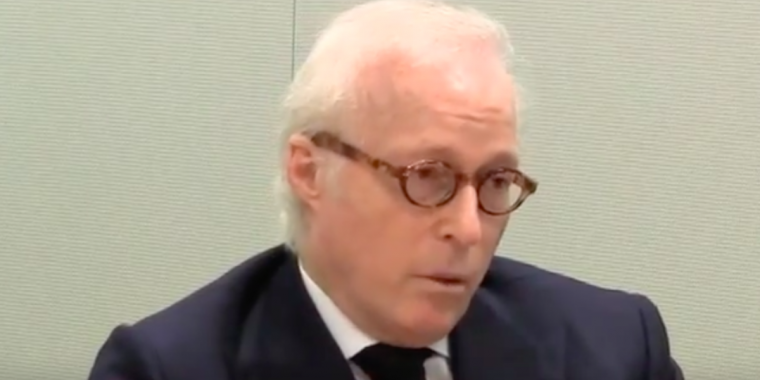
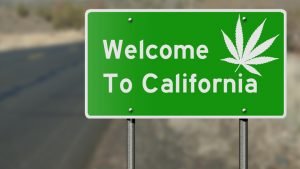
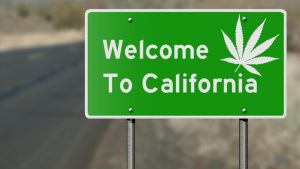





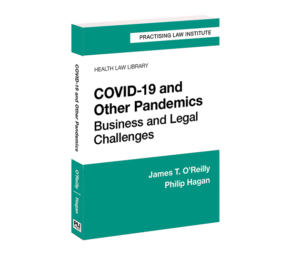

 Ken Crutchfield is Vice President and General Manager of Legal Markets at Wolters Kluwer Legal & Regulatory U.S., a leading provider of information, business intelligence, regulatory and legal workflow solutions. Ken has more than three decades of experience as a leader in information and software solutions across industries. He can be reached at
Ken Crutchfield is Vice President and General Manager of Legal Markets at Wolters Kluwer Legal & Regulatory U.S., a leading provider of information, business intelligence, regulatory and legal workflow solutions. Ken has more than three decades of experience as a leader in information and software solutions across industries. He can be reached at 





